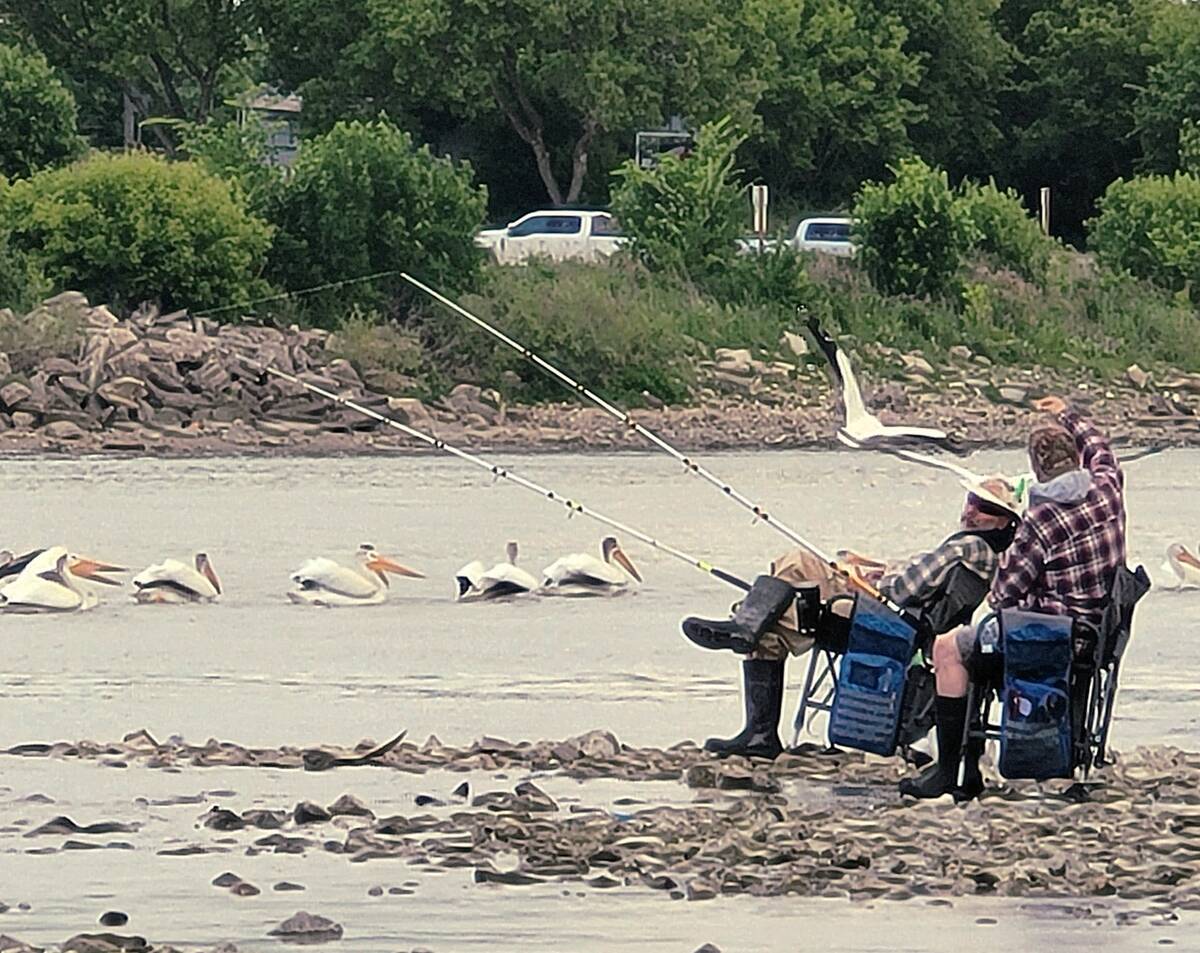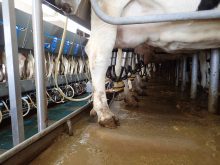France found more cases of illegal horsemeat in beef products than any other European Union country, results of official DNA tests ordered in the wake of the scandal showed, with more than one in every eight samples testing positive.
Announcing the results April 16, the European Commission said that for the EU as a whole, just less than five per cent of all beef products tested had come back positive for horse DNA.
But the figures showed that of 353 tests carried out in France, 47 tested positive for horse DNA, giving a rate of more than 13 per cent.
Read Also

The joys of fishing from shore
Manitoba has many lake and river shorelines to drop a fishing line without the cost of a boat, making shore fishing more accessible, and anglers can still catch impressive fish.
“In terms of image it’s not good. It risks delaying our attempt to regain consumer confidence to get out of the crisis, because it is not over yet,” Jean-Rene Buisson, chairman of the French food industry group ANIA, told Reuters.
Buisson said it would be important to know how much horsemeat was detected in each positive sample, as tiny traces could be the result of accidental contamination at processing plants rather than deliberate substitution. The commission did not provide that information.
Europe’s horsemeat scandal has damaged confidence in parts of the continent’s food industry, hitting sales of processed ready meals and boosting demand for organic produce.
The program of EU-funded DNA tests was approved by member governments in February in a bid to gauge the extent of the problem and restore consumer confidence in the bloc’s food safety controls.
The results revealed a mixed picture across the EU. Greece had the second-highest level of positive results with 288 tests yielding 36 positive results, a rate of 12.5 per cent. About one in every 10 tests also returned positive in Latvia, Denmark and Estonia. Tests on beef products in Italy found that one in 25 contain more than one per cent horsemeat.
By contrast, Germany found horse DNA in just 3.3 per cent of samples, and in the Netherlands the rate was less than one per cent.
Both Ireland — where the discovery in January of horse DNA in a burger labelled as pure beef first sparked the scandal — and Britain — where retailers including Tesco have been forced to withdraw products found to contain horse — returned no positive results for horsemeat.
Health risk?
Britain, however, had 14 positive tests for the potentially harmful veterinary drug phenylbutazone — known as bute — as part of a second set of EU-wide tests on horsemeat destined for human consumption.
The only other countries to find bute in horsemeat were Ireland and the Czech Republic, each recording a single positive result.
“The bute is now really concentrated in the U.K., but mainly because the U.K. has tested every horse slaughtered since February, so they have done a huge number of tests — more than 800,” said a senior EU source who spoke on condition of anonymity.


















